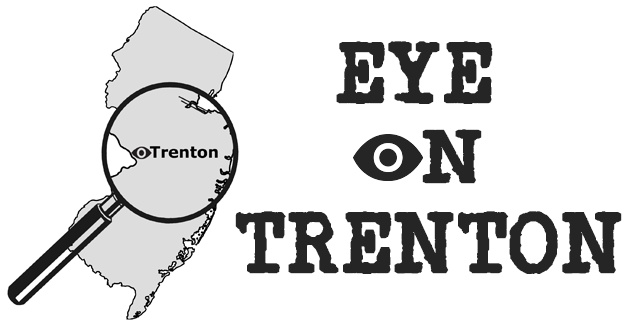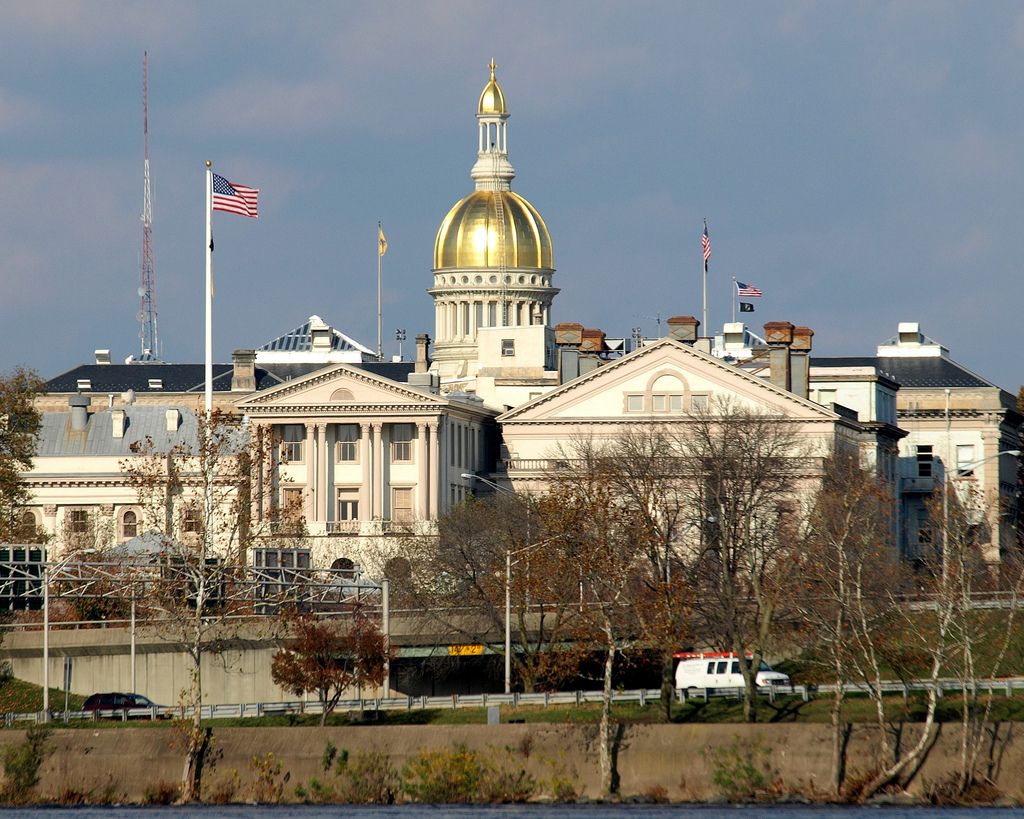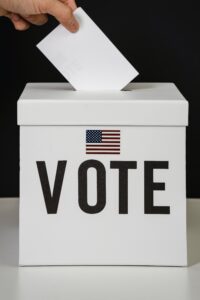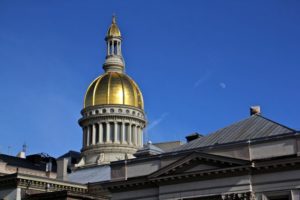With COVID-19 social distancing restrictions still in place, both Houses of the New Jersey Legislature will hold Remote Voting Sessions today: the Senate Session will start at 10am, and the Assembly convenes at 3:30pm. On the agenda today: more than two dozen bills that seek to address and mitigate issues related to the coronavirus pandemic, such as re-activating professional and occupational licenses in order for retired medical professionals to pitch in and provide care, and allowing notary publics to notarize documents remotely under certain circumstances.
It’s worth noting that most of the bills up for a vote today were only just introduced last Thursday and filed “without reference”, meaning that members of the public have had very little time to review the full text of the bills, and the bills will go directly to lawmakers for a vote, without a public Committee hearing. As such, the public will have no opportunity to submit testimony on the bills before their legislators vote on the bill. I understand this is a “necessary evil” given the current health crisis and social restrictions in place, but when the Democratic process is circumvented in any way, for any reason, it still makes me uneasy. [For more information on how the bill process works, the NJ Principals and Supervisors Association has an excellent handout you can read HERE.]
After reviewing the list of over two dozen bills up for a vote today, here are a few that sparked my interest:
S2337/A3904 is one that I’ve mentioned before: it allows for flexible instruction/remote learning days to count towards the 180-day School Year requirement, when a school district is forced to close for more than 3 consecutive school days as a result of a declared state of emergency, declared public health emergency, or a directive by the appropriate health agency or officer to institute a public health-related closure. The bill also allows speech language services and counseling services to be delivered to special education students through the use of electronic communication or a virtual or online platform. Even after the COVID-19 crisis is past us, this measure will help school districts when closures happen due to extreme weather events and other emergencies.
S2330/A3908 Referred to as the “COVID-19 Financial Security for Consumers Act,” this bill makes certain allowances for those who experience financial hardship as a direct result of the coronavirus pandemic. For example, many banks are allowing homeowners to delay their mortgage payments during this crisis, but no one has addressed the issue of how that will affect one’s credit score. This bill instructs consumer reporting agencies to take into account any missed payments that were a result of the crisis, and to make note of that hardship in their file so that the missed payments will not adversely affect the person’s credit score. Other provisions of the bill concern medical creditors and debt collectors giving folks more time to make their payments, with similar provisions for the enforcement of judgments and court orders. The bill also requires that health coverage for those who require treatment as a direct result of COVID-19 be provided to the same extent as for any other services under the health benefits plan, except that no cost-sharing may be imposed on the coverage. This will help ease the financial burden for those who, for example, require an emergency room visit or hospital stay that would normally result in a high copay.
S2332/A2020 establishes a temporary Emergency Rental Assistance Program for residential tenants who have suffered an income loss due to the COVID-19 crisis. The bill appropriates $100 million to provide rental assistance to tenants across the State, following guidelines similar to those in the Homelessness Prevention Program, but expanding the parameters to include medium-income tenants in addition to low-income tenants. The program will seek funding from Federal monies first, including but not limited to the reallocation of unused Community Development Block Grant Disaster Recovery funds, but any funding shortfalls will have to come from the State General Fund. This is one of those bills that makes me uneasy—while I understand the merits of the bill, it’s moving forward without the benefit of an OLS Fiscal Note, so we have no way of knowing what the financial impact could be on our State taxes as a result of this program.
A3918 The “COVID-19 Fiscal Mitigation Act” is a bipartisan bill that clarifies filing and payment deadlines for Corporate Business Tax and Gross Income Taxpayers, extending the deadline from April 15th to July 15, 2020. It also modifies the duration of NJ’s State Fiscal Years 2020 and 2021, and requires certain updates and presentation for State Fiscal Years 2020 and 2021. The bill helps provide transparency by, requiring the State Treasurer to issue a report that includes an update on State revenue collections through the first nine months of State Fiscal Year 2020, and a revised forecast of revenue projections for the remainder of the current fiscal year. The report must also provide: a detailed plan of spending from State, federal, and all other governmental funds for the continuation of essential governmental operations during the remainder of State Fiscal Year 2020; an assessment of current economic conditions; and the potential impact of the economy on the proposed budget for State Fiscal Year 2021. Governor Murphy is required to present a revised budget message based on this report by August 25, 2020—and you don’t need a crystal ball to know that it’s probably not going to be pretty.
S2357/A3943 is another important and necessary bill that focuses on transparency relating to the coronavirus pandemic in New Jersey. It instructs the Commissioner of Health to require hospitals to report their demographic data, including the age, ethnicity, gender, and race of persons in this State who have tested positive for the coronavirus or who have died from the coronavirus, as well as the number of persons who attempt to get COVID-19 treatment, and the number of persons who are admitted for treatment. The bill also calls for an accounting of the number of persons who attempted to get tested and were turned away, but I have my doubts about whether or not anyone has been keeping accurate records on those numbers—so many people were turned away from mobile testing sights without ever getting out of their cars, I doubt we’ll ever know the actual number. This data is to be reported until the end of the State’s declared public health emergency related to COVID-19. The Department of Health will be required to publish the demographic data on its website, updated daily, compiled by county and municipality.
Audio of the Voting Sessions can be streamed via the New Jersey Legislative website: https://www.njleg.state.nj.us/




